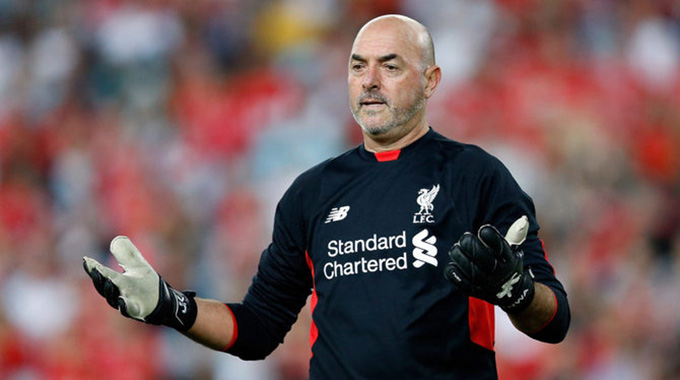Ban disposable diapers — EMA

Nqobile Tshili Bulawayo Bureau
Disposable diapers could soon be banned for posing a serious hazard to the environment as they create enormous amounts of toxic trash that takes 500 years to decompose in landfills while their improper disposal allows excrement to be washed into rivers.
While many Zimbabweans who have stopped using traditional washable cloth nappies are against the proposed ban, as they say disposables provide convenience and save on time, soap and water, the Environment Management Agency (EMA) is already lobbying Government to ban them.
EMA argues that disposable diapers have far-reaching negative ecological effects that outweigh their convenience.
One problem highlighted by mothers facing a switch to cloth diapers is that these are no longer readily available and require a lot of water for washing, which is simply not available in most areas.
The whole set of supporting products — such as nappy liners, plastic pants, nappy pins and special detergents for soaking nappies — has disappeared and a lot would have to be done to reintroduce the old-fashioned alternative before a ban could even be considered.
The dispute over disposable diapers is worldwide, with environmentalists generally against their use because of the landfill problems.
According to greenmatters.com, a convectional disposable diaper cannot be recycled, takes at least 500 years to decompose and an average baby uses about 3 000 disposable diapers during its first year of life.
In an interview with our Bureau, EMA Bulawayo provincial manager Mr Decent Ndlovu said the environmental watchdog has been patiently assessing the impact of disposable diapers since they were introduced and believes the time has come to ban them.
Mr Ndlovu said the disposable diapers will be a hazard in the environment for centuries.
“We are advocating they be banned because of the environmental hazards they are posing,” he said. “If the people who produce and sell them are really concerned, they should recover and recycle them.”
Mr Ndlovu said producers of diapers should be made liable for their disposal, but most producers were foreign-owned and EMA did not have jurisdiction over their operations.
He said banning of disposable diapers could revive local industries that shut down or scaled down operations in the country after washable nappies became unpopular.
One such company is Bulawayo-based textile giant, Merlin, which was established in the 1950s and used to employ over 1 000 workers when operating at full capacity.
It manufactured cloth diapers and its top brand had a high international reputation.
In 2018, Merlin re-opened following the implementation of a business rescue strategy and announced that the company would not only focus on producing napkins, but a range of high quality and high demand products such as diapers and women’s sanitary wear.
Bulawayo residents yesterday said instead of banning disposable diapers, EMA and the local authority should educate the public on how to properly dispose them.
“They want to ban them when there is not enough water in the city,” said Mrs Sithandazile Kwaripo.
“Does that make sense? Have they done any awareness campaigns on how to dispose of them?
“I feel they should educate the public on ways to dispose them instead of banning them. Plus, those general nappies might seem cheaper, but they are expensive as you have to constantly wash them with a lot of water and using a lot of washing soap.”
Another resident Mr Brian Bangwa concurred, saying disposable nappies were convenient, but what was needed was education on their disposal.
Mrs Nancy Kanyangarara lamented the failure to properly dispose of disposable diapers by the present generation of mothers, but said banning them would not be a solution.
“All my children are now grown up, but I think the problem is with the new generation of mothers who are abusing the diapers and are too lazy to wash traditional nappies,” she said.
“People need to be taught how to dispose of the disposable nappies because even refuse collectors do not want to see them. Where are they supposed to be taken to?”











Comments